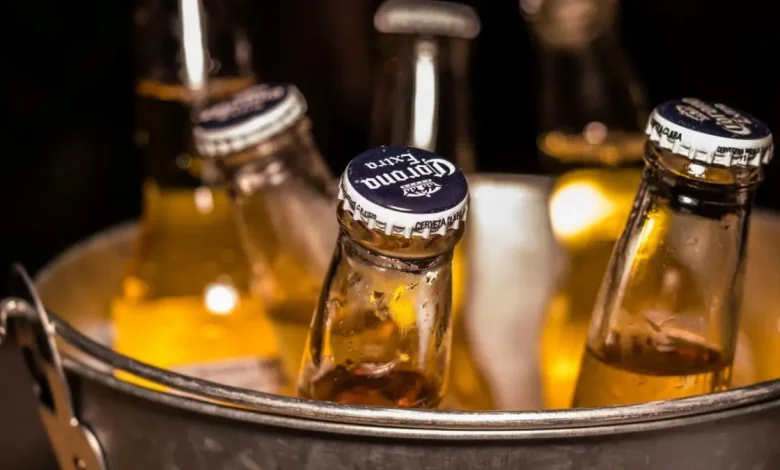Fake Alcohol on the Rise: How to Identify Counterfeit Drinks in South Africa

South Africa is facing a rapidly growing crisis of fake alcohol, with nearly one in five alcoholic drinks sold in the country being counterfeit. This alarming trend poses serious health risks to consumers and causes significant financial losses to the government. Understanding how to identify fake alcohol is crucial for protecting yourself and your loved ones from dangerous products.

ALSO READ: Report: 1 in 5 Alcoholic Drinks are Fake
The Growing Illicit Alcohol Market in South Africa
Recent research by the Drinks Federation of South Africa (DF-SA) and Euromonitor International reveals that the illicit alcohol market has grown by 55% in volume since 2017, reaching 773,000 hectolitres in 2024. This accounts for 18% of all alcohol sold in the country and is valued at over R25 billion annually. The government loses approximately R16.5 billion each year in unpaid excise duties due to this shadow industry.
The rise in counterfeit alcohol is driven by factors such as affordability, accessibility, and weak enforcement. Illegal producers often price their products 37% to 70% cheaper than legitimate brands, making them tempting for cash-strapped consumers. However, these fake drinks often contain harmful substances like methanol, which can cause severe poisoning and even death.
Health Risks of Consuming Fake Alcohol
Fake alcohol is produced without any safety or sanitary controls, exposing consumers to serious health dangers. Methanol poisoning is a common and deadly risk, with tragic incidents reported in recent years, including multiple fatalities. Other contaminants in counterfeit drinks can cause blindness, organ failure, and long-term health complications.
Because counterfeiters mimic trusted brands with fake labels and packaging, consumers may unknowingly purchase dangerous products even from reputable liquor stores. This makes vigilance essential when buying alcoholic beverages.
How to Spot Counterfeit Alcohol
To protect yourself from fake alcohol, watch for these warning signs:
- Packaging Quality: Check for poor print quality, misspellings, or inconsistent fonts on labels and boxes.
- Bottle Caps and Seals: Look for broken or tampered seals, or caps that do not fit properly.
- Price: Be cautious of prices significantly lower than usual; if it seems too good to be true, it probably is.
- Liquid Appearance: Inspect the color and clarity of the drink; cloudy or discolored liquids may indicate contamination.
- Purchase Location: Avoid buying alcohol from unlicensed vendors, street sellers, or informal markets.
- Batch Numbers and Barcodes: Verify the presence and authenticity of batch numbers and barcodes, which counterfeiters often omit or fake.
Government and Industry Efforts to Combat Counterfeit Alcohol
South African authorities and industry stakeholders are intensifying efforts to tackle the illicit alcohol trade. Recent police raids have uncovered illegal manufacturing facilities producing fake whiskey, vodka, and gin, along with counterfeit labels worth millions of rands. Arrests of syndicate members highlight the organized nature of this criminal activity.
The Drinks Federation of South Africa calls for national cooperation among government, law enforcement, and civil society to address this growing threat. Improved legislation, stricter enforcement, and public awareness campaigns are critical components of the fight against counterfeit alcohol.
CHECK OUT: Fake Louis Vuitton, Gucci Seized: R20 Million Counterfeit Bust in Johannesburg
Consumer Awareness: The Best Defense
Ultimately, consumers play a vital role in combating fake alcohol. By staying informed and vigilant, you can reduce demand for illicit products and protect yourself from harm. Always purchase alcohol from licensed retailers, scrutinize packaging carefully, and report suspicious products to authorities.
Protect Yourself from the Dangers of Fake Alcohol
The surge in counterfeit alcohol in South Africa is a serious public health and economic issue. With nearly 20% of alcoholic drinks being fake, consumers must be alert to the risks and know how to identify counterfeit products. By understanding the signs of fake alcohol and supporting efforts to curb the illicit trade, South Africans can help safeguard their health and the country’s economy.
Stay informed, buy smart, and never compromise on safety when it comes to alcoholic beverages.